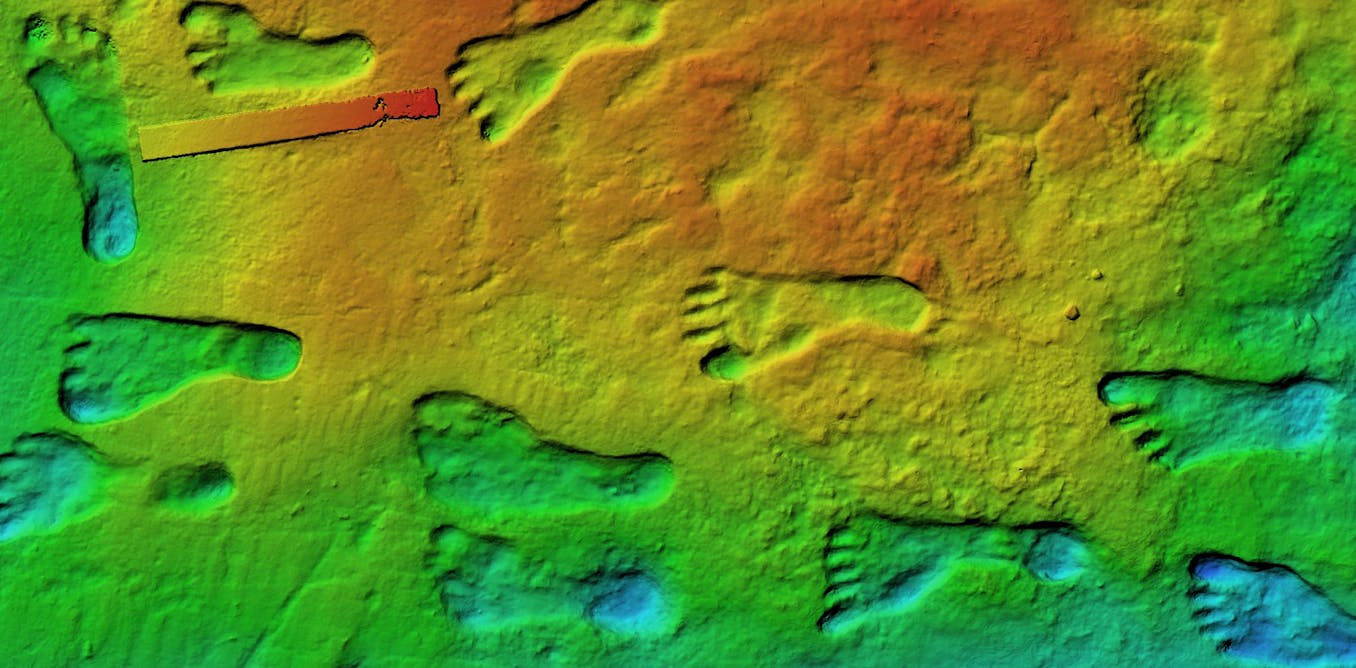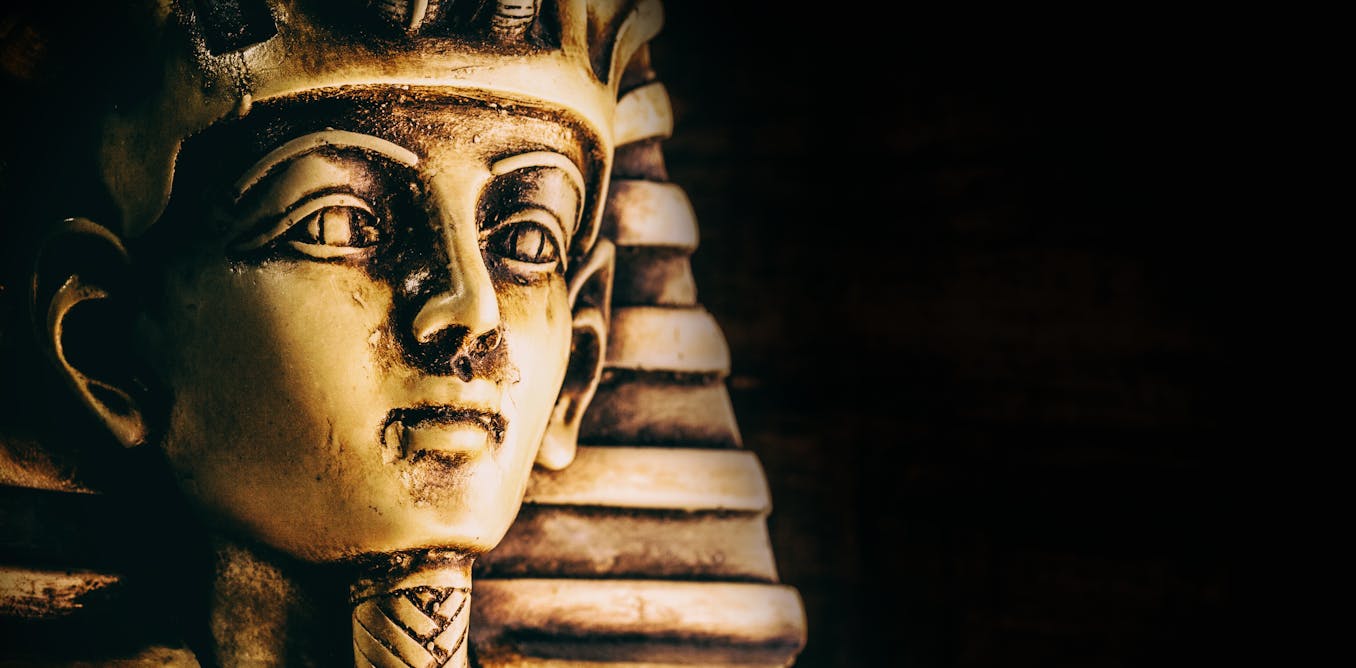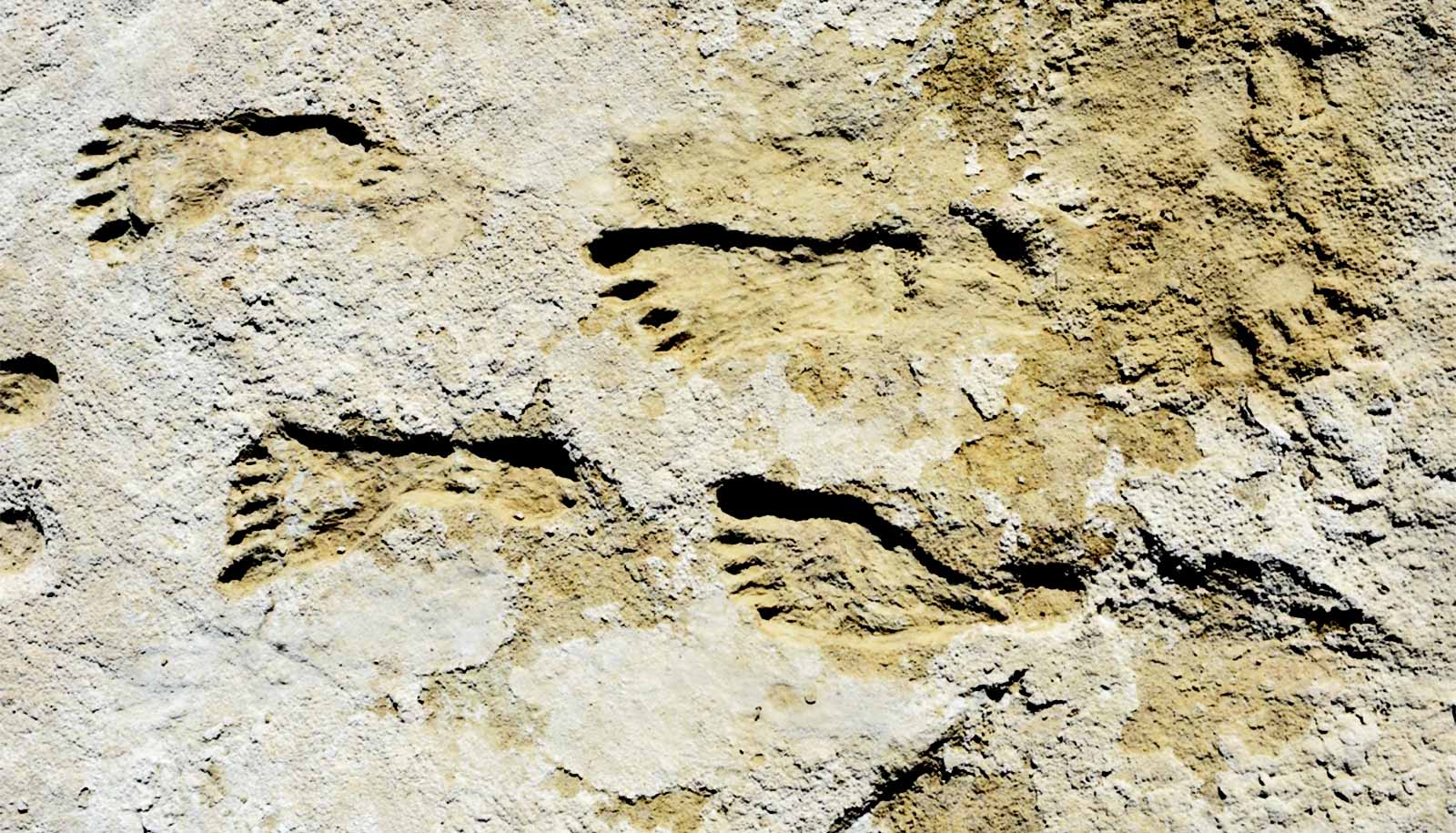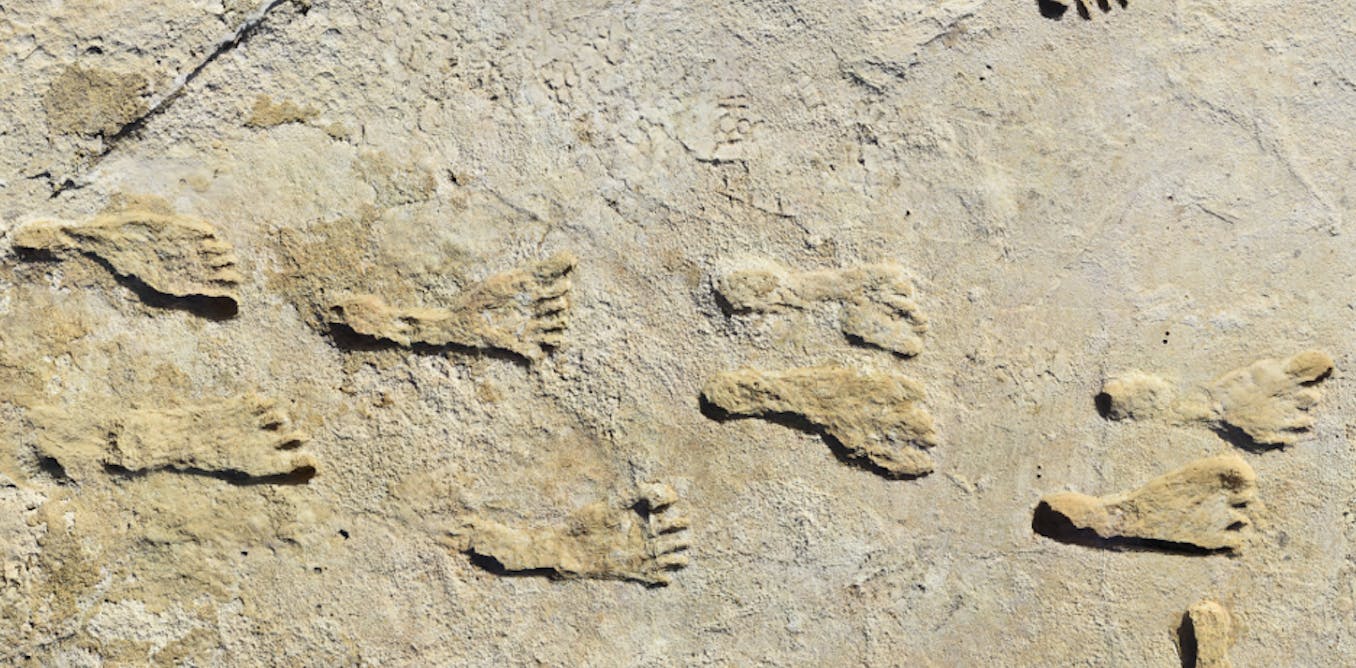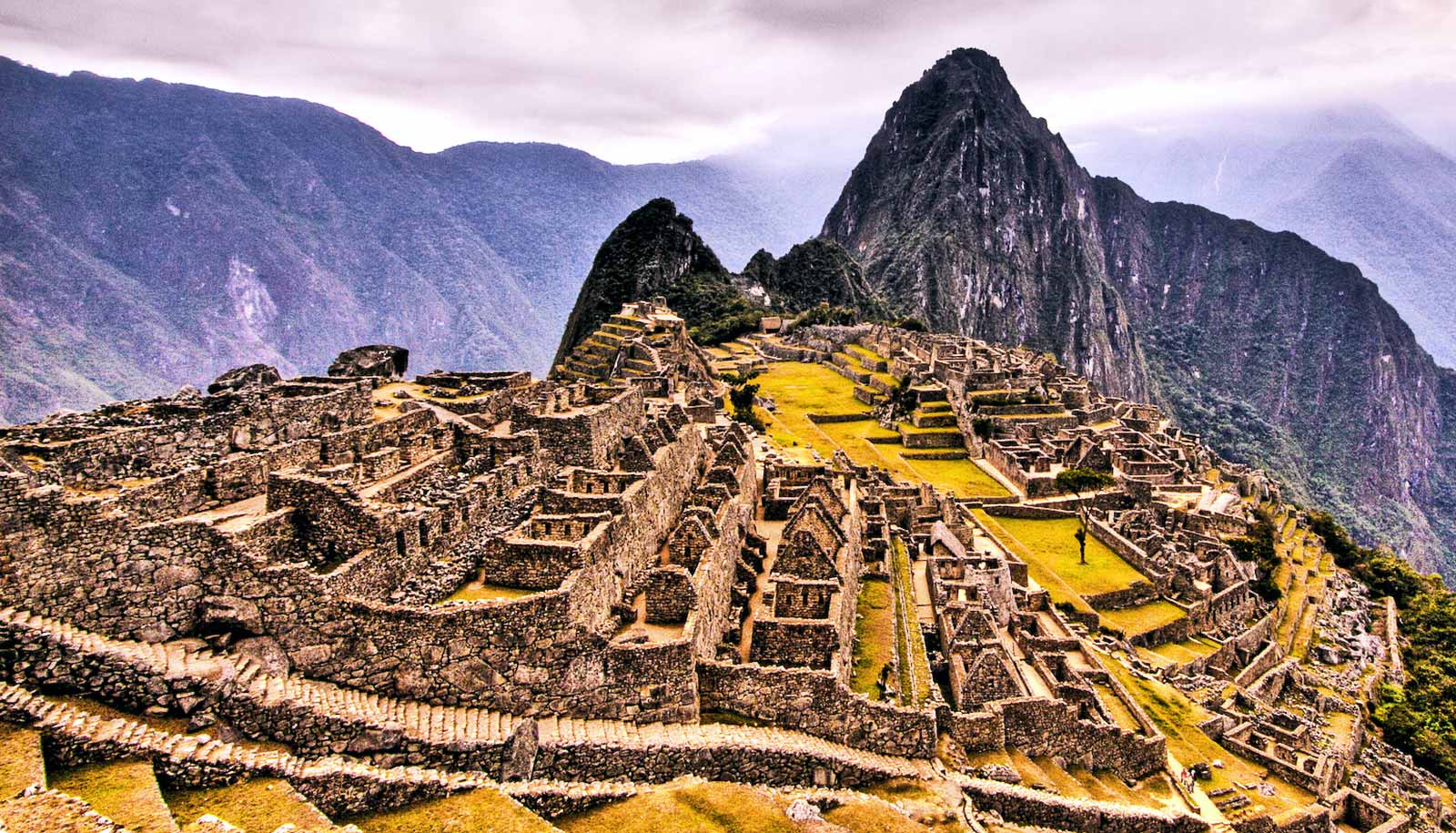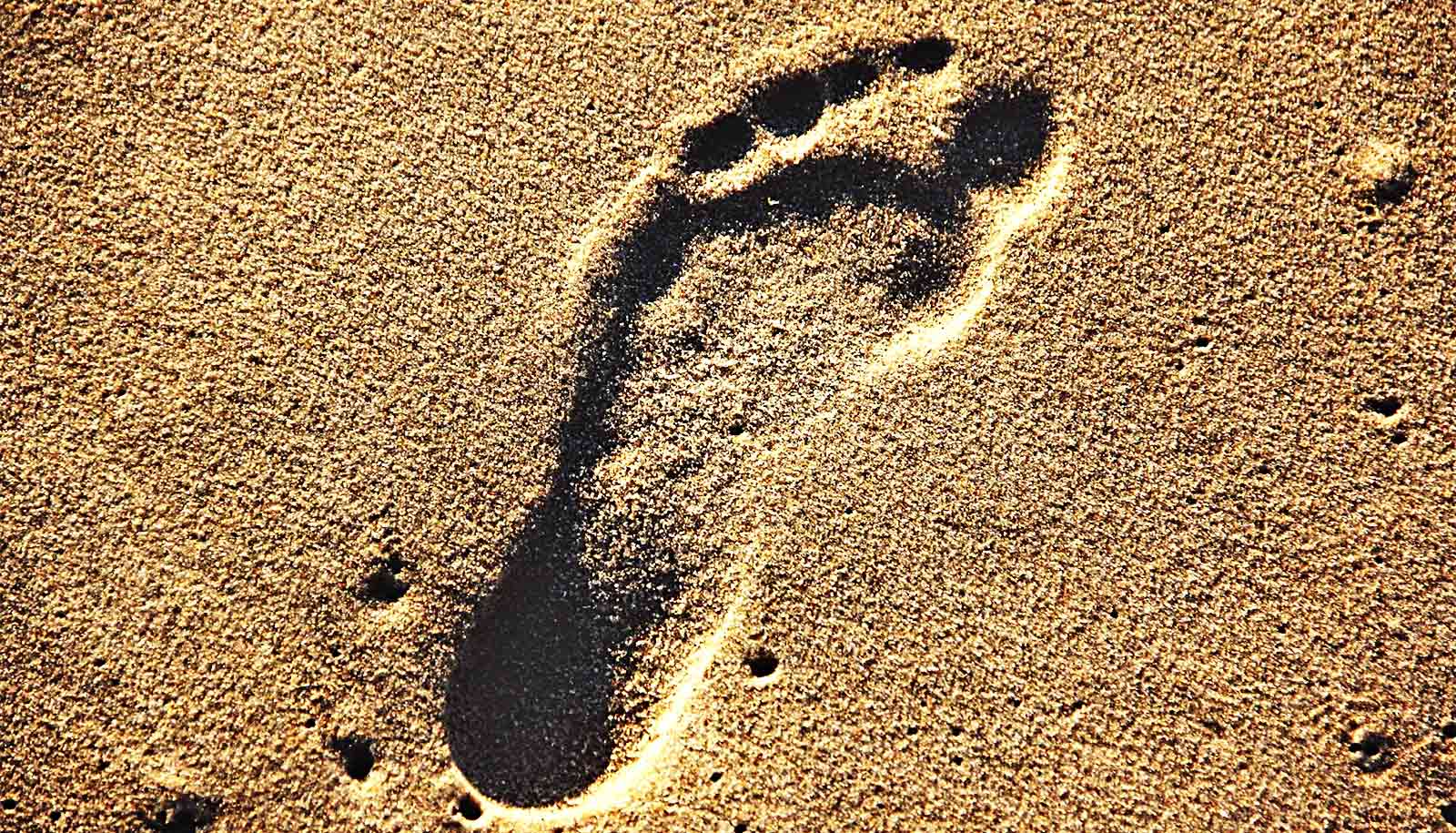Five discoveries that changed our understanding of how the ancient Egyptians created mummies
Several studies have upended what we thought we knew about mummification using scientific dating techniques to reveal some fascinating – and surprising – insights.
Jenefer Metcalfe, Lecturer in Biomedical Egyptology, University of Manchester •
conversation
March 2, 2023 • ~7 min
March 2, 2023 • ~7 min
Radiocarbon dating only works half the time – we may have found the solution
DNA dating could complement radiocarbon technology to help make archaeology more accurate.
Eran Elhaik, Senior Lecturer in Population, Medical and Evolutionary Genomics, Lund University
• conversation
Sept. 7, 2022 • ~8 min
Sept. 7, 2022 • ~8 min
Before chickens became food for people, they were regarded as special exotica
Why did the chicken cross the globe? A new study has revealed how chickens were domesticated.
Ophélie Lebrasseur, MSCA Research Fellow, Université de Toulouse III – Paul Sabatier
• conversation
June 22, 2022 • ~8 min
June 22, 2022 • ~8 min
Fossil footprints prove humans populated the Americas thousands of years earlier than we thought
The New Mexico findings could rewrite the history of human migration to the Americas.
Sally Christine Reynolds, Principal Academic in Hominin Palaeoecology, Bournemouth University •
conversation
Sept. 23, 2021 • ~7 min
Sept. 23, 2021 • ~7 min
St James, 'brother' of Jesus: it turns out his ancient remains belong to someone else
The mix-up might be explained by the rush to remove sacred remains to Rome some 1,700 years ago.
Lautaro Roig Lanzillotta, Professor of New Testament and Early Christian Studies, University of Groningen •
conversation
March 5, 2021 • ~7 min
March 5, 2021 • ~7 min
Saint James, 'brother' of Jesus: it turns out his ancient remains belong to someone else
The mix-up might be explained by the rush to remove sacred remains to Rome some 1,700 years ago.
Lautaro Roig Lanzillotta, Professor of New Testament and Early Christian Studies, University of Groningen •
conversation
March 5, 2021 • ~7 min
March 5, 2021 • ~7 min
/
2

